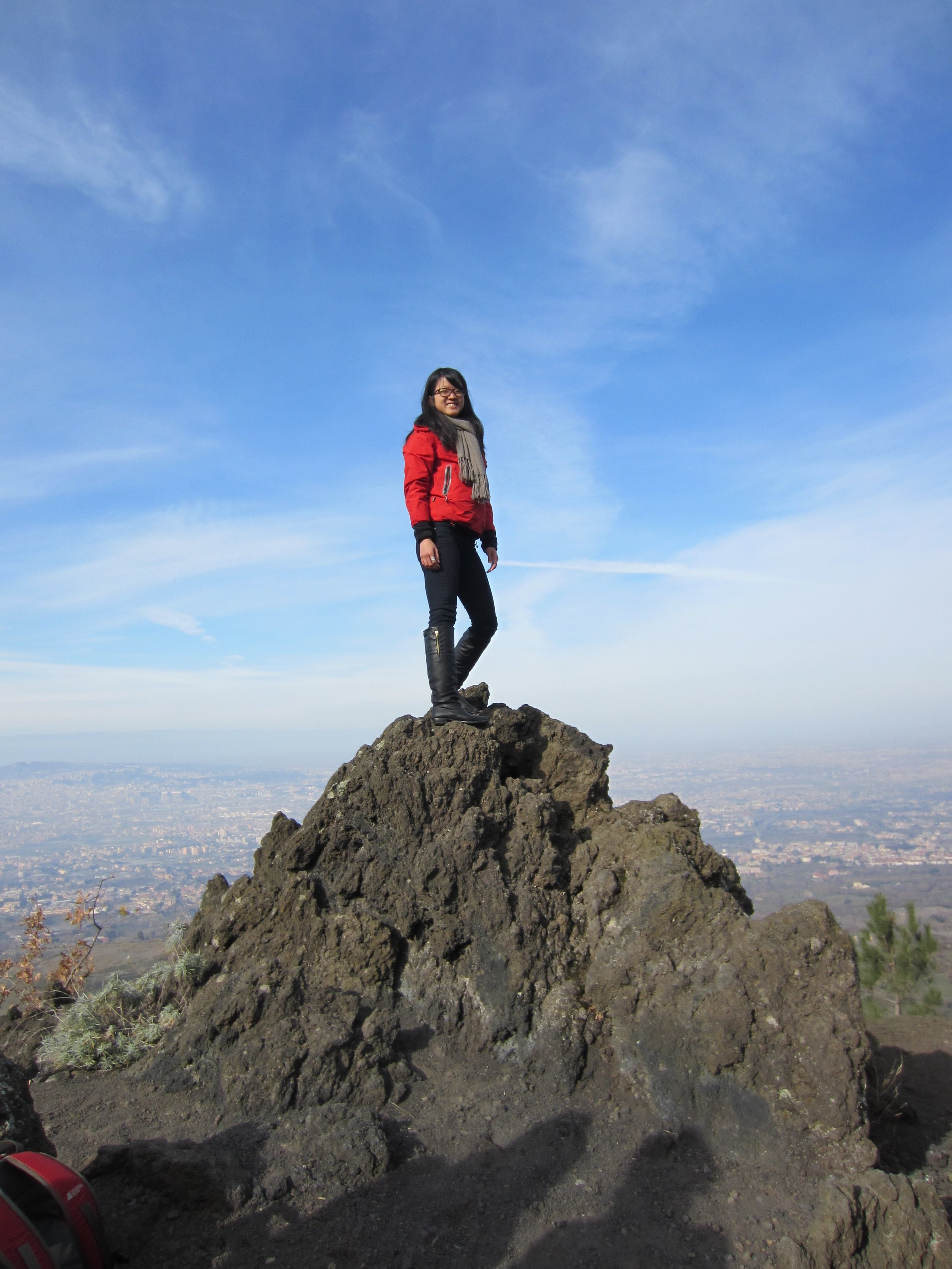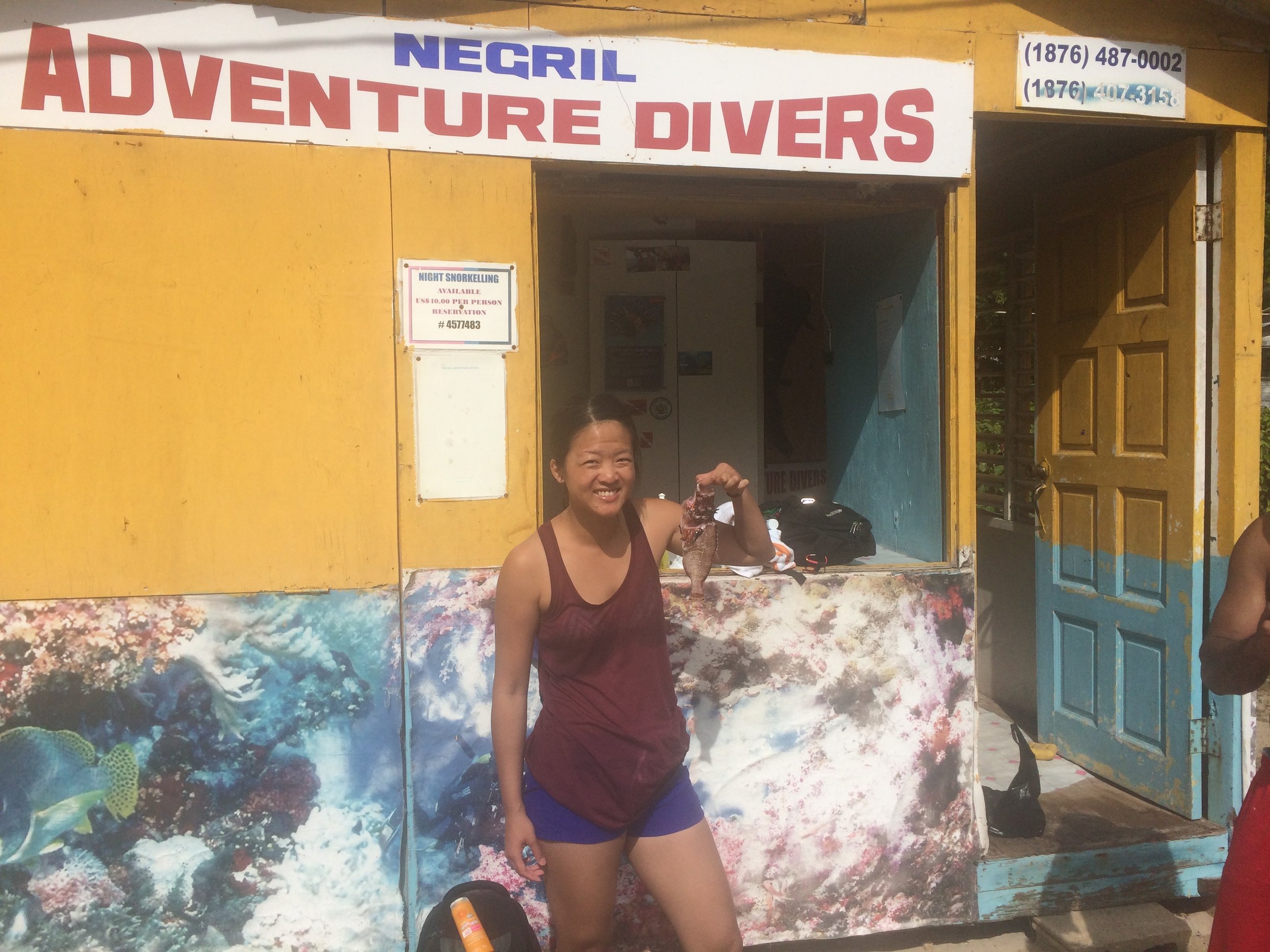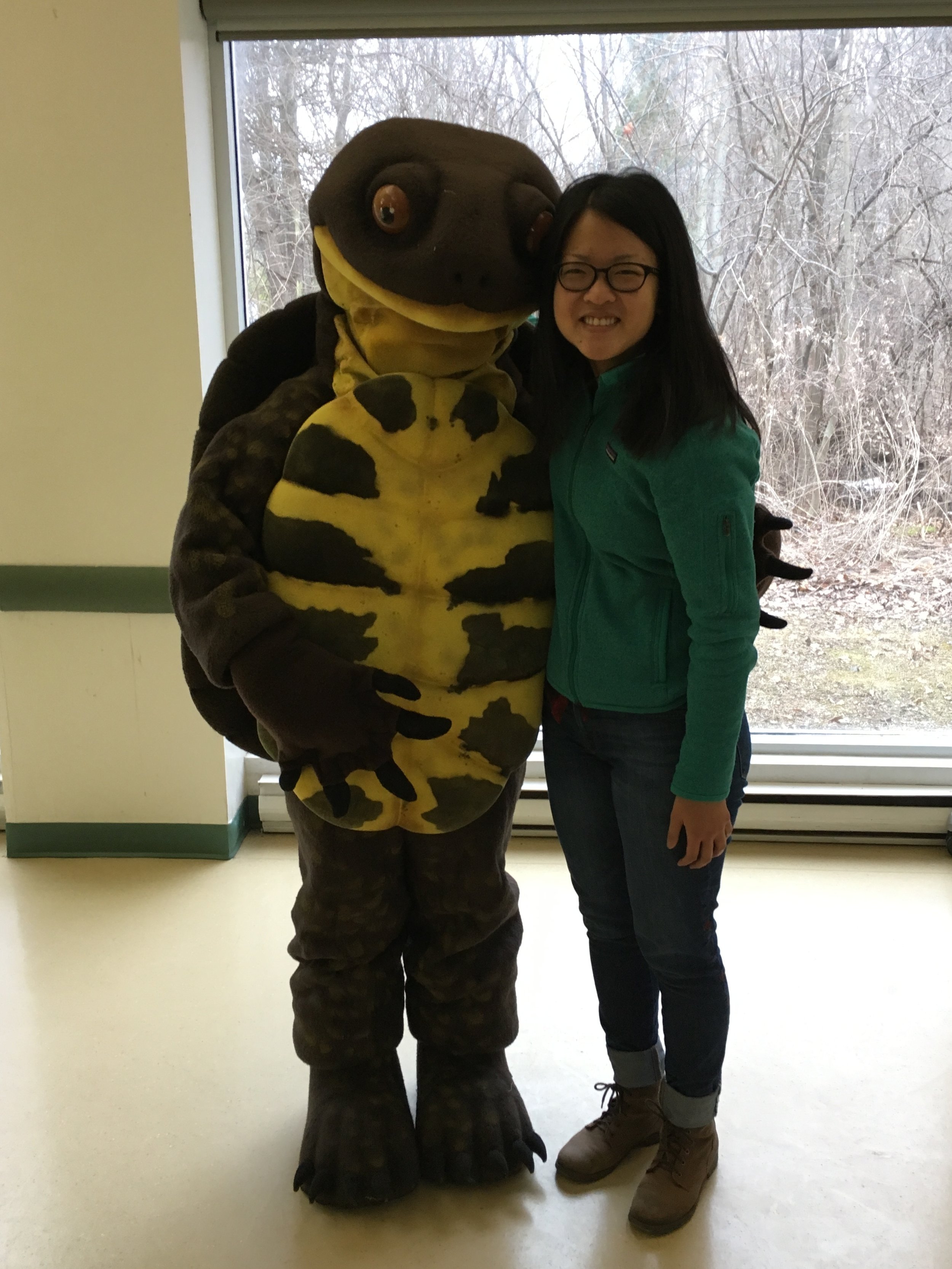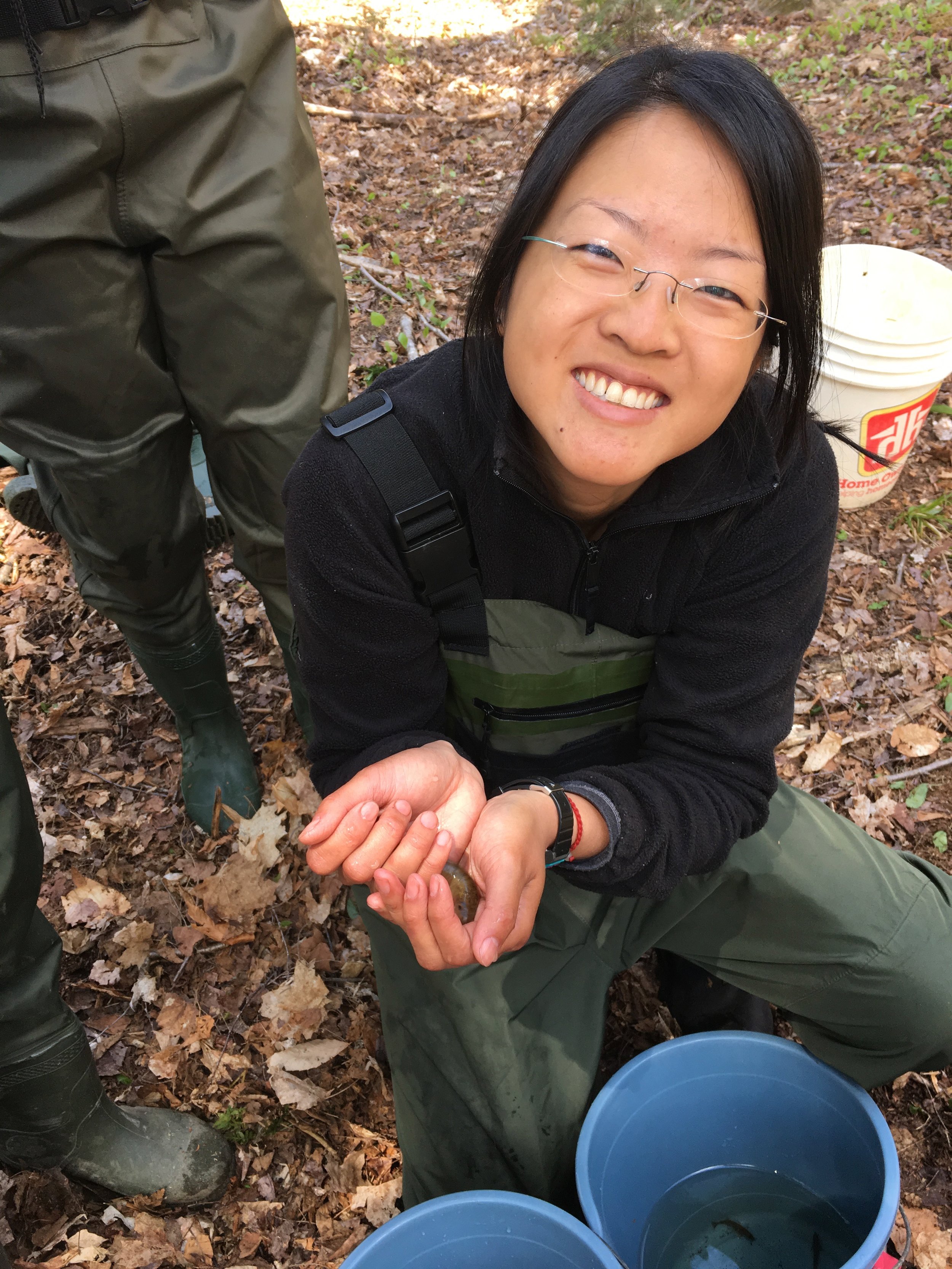Cheryl Chan
International Development Program Manager
When Cheryl Chan began scuba diving, her interest in the oceans swelled. She was fascinated as she observed an entire new world of marine life underwater, but she also realized what she was seeing underwater was deeply connected to the people above water. Many communities depend on the ocean, but marine biodiversity and coastal communities are under pressure because of changes in the environment that are happening all over the world. This reality led Cheryl to her Master’s degree at the University of Waterloo, where she studied the impacts of a no-take marine protected area on a small-scale fishing community in Jamaica. Since then, Cheryl has been working at the International Development Research Centre as a Research Award Recipient and now a Program Management Officer with the Networked Economies program. The program supports research on the governance of technology and innovations in the Global South, with particular focus on human rights and democracy.
“There is this notion that people and nature are at odds, but in reality the relationships are much more complex”
During Cheryl’s time in Jamaica, she discovered a great deal of complexity around people’s relationships with the ocean, and it was challenging to define people’s emotions, values, and connections to the coastal environments in which they live. She reflects, “there is this notion that people and nature are at odds, but in reality the relationships are much more complex and I'm still trying to learn more about them.” Conducting international fieldwork has also made Cheryl grapple with what it means to be an outsider working in communities full of history, heritage, and politics. She notes, “research can be quite challenging when you don't understand these complex dynamics.”
“With an increasing diversity of voices… I’m optimistic that there will be an increasing diversity of solutions”
Thinking to the future, Cheryl’s hope is that future generations will be able to witness the same diversity of marine life that she has seen, but also appreciate the diversity of cultures that have evolved around these ecosystems. She’s excited about the wide possibilities of social and technological solutions that could address water-related issues, but she’s also interested in learning more about power dynamics and how they affect our decision-making about the environment. Noting the importance of highlighting the stories of women, Cheryl shares her thoughts: “I think the voices of science and research have historically been dominated by old men. Now, with an increasing diversity of voices (although more work still needs to be amplify these voices), I'm optimistic that there will be an increasing diversity of solutions.”






